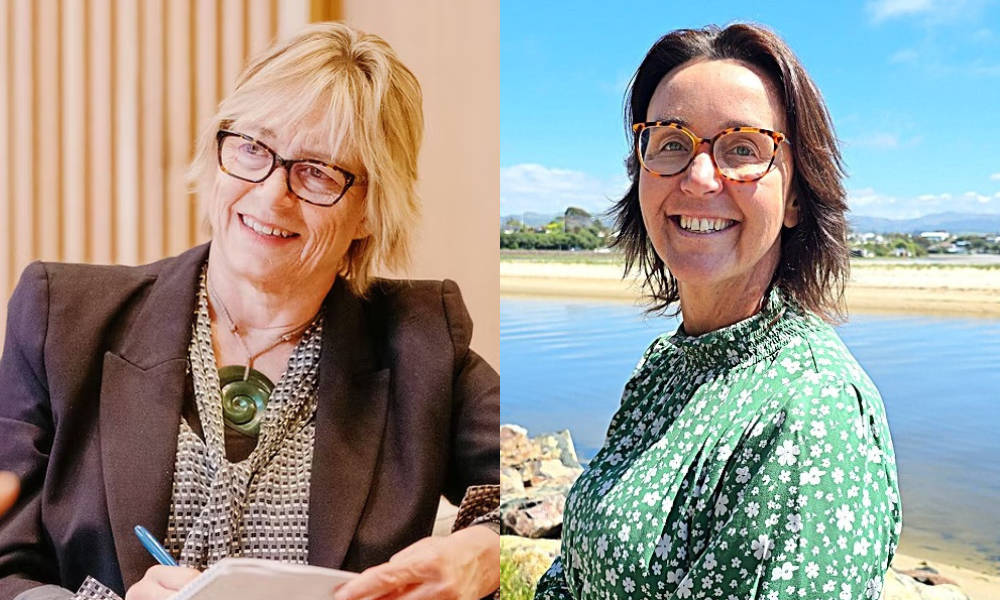
Empowering frontline workers is good for business, customers and future leaders

Strong leadership is the cornerstone of engaged workplaces and resilient organisations and according to one of New Zealand’s foremost early childhood care experts, letting go of power is the key to success.
“Early years care operates in a relatively devolved way – allowing individuals to take accountability and lead on their own,” says Fiona Kingsford, Chief Executive of Whānau Āwhina Plunket, the country’s largest provider of support services for the early years of a child’s life.
“A lot of our 1,200 employees work predominantly on the frontline, and community by community, it’s different. What’s going to work in one place in New Zealand won’t work in another area because of the vast cultural differences.”
This tailored approach – empowering frontline workers to respond to local needs – has clear parallels with emerging HR strategies around decentralised decision-making and inclusion.
“Employee support initiatives – and that of children – should be locally led,” Kingsford said. “Empowering people should permeate through an organisation’s culture, as it means employees can do their best work in supporting potential future leaders.”
Like leadership in a corporate setting, guidance and support needs to be specific to the individual worker as a one-size-fits-all isn’t necessarily effective. The same can be said for early years, Kingsford emphasised to HRD.
“What’s going to work in one place in New Zealand won’t work in another area because of the vast cultural differences. Employee support initiatives – and that of children – should be locally led,” she said.
Empowering people should permeate through an organisation’s culture, according to Kingsford, as it means employees can do their best work in supporting potential future leaders.
Speaking to HRD ahead of the Shaping Futures of Our Tamariki event in Auckland, Kingsland emphasised this part of a child’s life as “critical” in creating autonomy.
“People need to understand how fundamentally important those early years are, and the impact that has on forming intergenerational lessons for children,” says Fiona Kingsford, Chief Executive of Whānau Āwhina Plunket, the country’s largest provider of support services for the early years of a child’s life.
“Much like managing a business, you need to ensure children are able to have self-regulation to understand how to deal with obstacles and work your way through those formative years of your life.”
Sue Watson (pictured left), Director of Connected Leadership, echoed these sentiments, urging HR leaders across sectors to broaden their scope when it comes to leadership development.
“Leaders have a significant impact across the ecosystem of Aotearoa. It might be engineering, infrastructure, health – but you need to have a broad understanding of social impacts that impact on all of us.”
“Every leaders responsibility is to inform themselves and contribute to debates and discussions – that’s how we shape the future of leadership across New Zealand,” Watson added.
Watson criticised what she described as a “stay in your lane” culture that limits innovation. “People often stay in their swim lanes in New Zealand,” she noted. “That’s what drives the blanket approach to things, which doesn’t always work.”
Instead, she urged leaders to embrace complexity, research and dialogue: “Being conscious in making decisions that are well researched, networked, discussed, is the best way leadership can be future-proofed for all of the changes the world is seeing. This isn’t just early years – it’s businesses as a whole.”